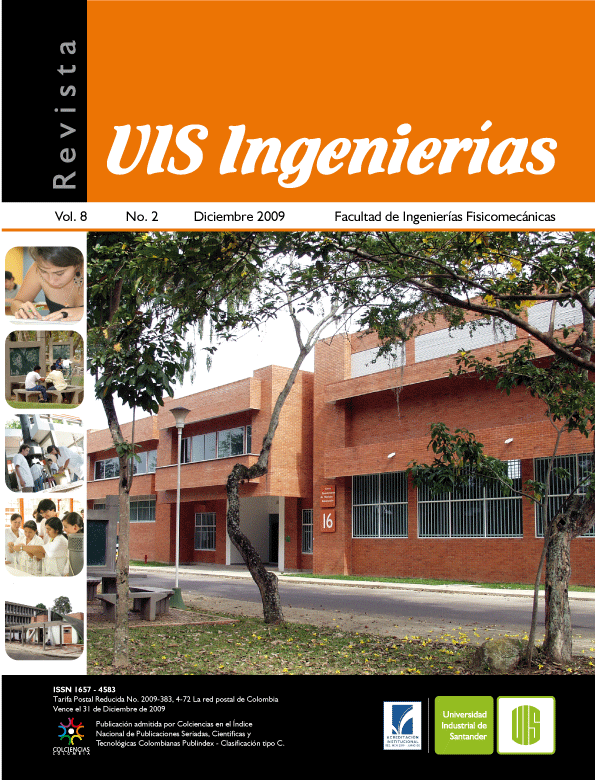Sirba 1.0 information system for ballistic recognition based on the vulger calls found in scenes of crimes
Published 2009-12-02
Keywords
- Weapon,
- cartridges,
- cartridge case,
- shorts,
- otsu
- K-nn,
- genetic algorithms ...More
How to Cite
Abstract
The bullet casings found at crime scenes, are key to start investigations to clarify the facts. A weapon fring a projectile, leaving a set of marks on the cartridges, many of them in his shorts. In this paper we present an algorithm based on a 2D image taken from a bullet casings shorts, use processing techniques and image analysis to obtain some of these characteristic marks left by the weapon, then, based on a database that records the bullet casings found previously in other crime scenes and the K-nn algorithm used to relate the bullet casings with previously registered weapons or with other cartridges found in other scenes. To determine the importance of each characteristic marks, we design a genetic algorithm to further defne the optimal number of neighbors. An experiment was conducted with 15 weapons fred 10 or 30 times each obtained promising results.
Downloads
References
Castro Cabrera Héctor Darío, D.N.C.T.d.I., Balística Forense. 2005.
De la Escalera, A., Visión por Computador, Fundamentos y Métodos. 2001: Prentice Hall.
Fernández García, N.L., Contribución al reconocimiento de objetos 2D mediante detección de bordes en imágenes en color. 2002, Universidad Politécnica de Madrid: Cordoba.
Pajares Gonzalo, D.l.C.J.M., Visión por Computador, Imágenes digitales y aplicaciones. 2002: AlfaOmega Grupo Editor S.A.
Universidad Politécnica de Madrid, D.d.E., Automática e Informática Industrial, Procesamiento Morfologíco.
MathWorks, T. Matlab, Image Processing Toolbox. [cited; Available from: http://www.mathworks.com/access/helpdesk/help/toolbox/images/index.html?/access/helpdesk/help/toolbox/images/.
Gonzalez Rafael C., W.R.E., Tratamiento Digital de Imágenes. 1996: Addison-Wesley Iberoamericana, S.A.
Sergio Almeida, J.B., Francisco Javier Otero, Nuevos parámetros para evaluar las formas de las partículas mediante técnicas de análisis de imagen.
Henao Juan Esteban, P.A., Variación de la forma del arco durante el recambio dental: análisis por morfometría geométrica.
EDMANS, G.d.I., Tecinas y algoritmos básicos de visión artificial. 2006.
Balsero García Néstor Orlando, B.G.D.A., Zuluaga Morales Juan Pablo, Reconocimiento e interpretación de gestos manuales por medio de video. 2005.
Justo, P.C., Sobre la geometría de la elipse y la ecuación de Kepler.
García Oscar, P.L., Gaona Sonia, Sistema de extracción de características microestructurales de sistemas cerámicos utilizando técnicas de procesamiento digital de imágenes. 2008.
Larose, D.T., Discovering Knowledge in Data. An Introduction to Data Mining. 2005: John Wiley & Sons, Inc.
Larose, D.T., Data Mining Methods and Models. 2006: John Wiley & Sons, Inc.
David, T., Data Mining and Knowledge Discovery Technologies. 2008, Hershey, New York: IGI Publishing.
Chapman, P., et al. CRISP-DM Step-by-Step Data Mining Guide. 2000 [cited; Available from: http://www.crisp-dm.org.

